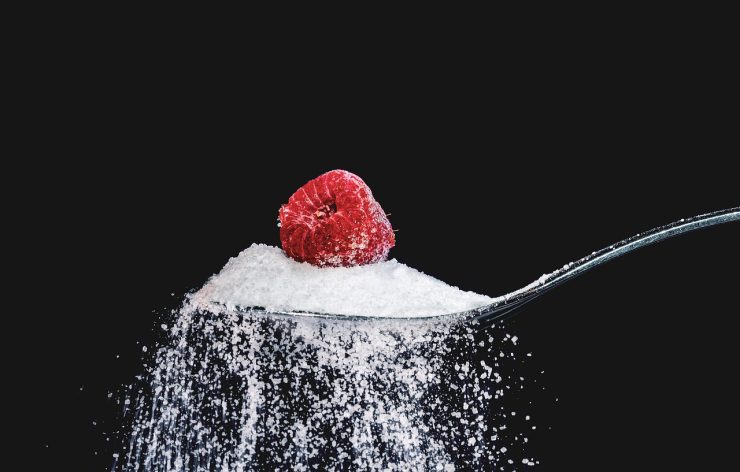Have you ever wondered about those low-calorie sweeteners everyone’s been talking about? For years, consumers have been chasing alternatives to sugar, but many of the old non-caloric artificial sweeteners—like Saccharin (Sweet’N Low), Aspartame (NutraSweet), Sucralose (Splenda), Neotame, and Acesulfame potassium (Ace-K)—have come under fire for potential health risks. These synthetic options have been linked to gut issues, increased insulin levels, higher appetite, weight gain, and even a higher risk of certain cancers. Plus, they can trigger allergic reactions, causing rashes, hives, or even stomach problems like nausea and diarrhea.
Recent research shows that these artificial sweeteners can seriously disrupt our gut microbiome—the balance of good bacteria essential for digestion, brain function, and immunity. When that balance is thrown off, it can lead to issues like bloating, gas, and even irritable bowel syndrome. More importantly, some studies have found that these sweeteners can actually cause glucose intolerance, which is a stepping stone to prediabetes and diabetes. In one study, mice given artificial sweeteners developed glucose intolerance in just three weeks, while control groups on regular water, glucose, or sucrose maintained normal levels.
Given these concerns, it makes sense to steer clear of artificial sweeteners. Luckily, there are a couple of popular natural alternatives that are making waves—Stevia and Monk Fruit.
Stevia has been around for a while and is derived from the leaves of a shrub native to Paraguay and Brazil. It’s calorie-free, doesn’t cause tooth decay, or spike blood sugar, and won’t lead to weight gain. Although pure stevia extract hasn’t been fully approved by the FDA and is usually sold as a supplement, it’s widely available in both powder and liquid forms.
Most of the stevia you see in stores today is marketed under the brand name Truvia. Keep in mind, though, that Truvia isn’t pure stevia—it’s mostly erythritol (a sugar alcohol), refined stevia extract, and some natural flavorings. Erythritol isn’t all bad; it even has some antioxidant benefits and can protect your teeth. But it can also cause bloating, cramps, and diarrhea in some people because it draws water into the intestines.
Then there’s Monk Fruit, also known as Luo Han Guo. This little green melon, cultivated in China since the 13th century, offers a sweet taste without any calories or carbs—perfect for keto and low-carb diets. The sweetness comes from antioxidants called mogrosides, with mogroside V being up to 250 times sweeter than sugar. The downside is that during processing, much of the natural goodness can be lost, and manufacturers often add other sweeteners like erythritol or even sucrose. So, if you’re trying to cut out all sugar, it’s important to check the label.
In the end, both stevia and monk fruit have their pros and cons. They’re both natural, have zero calories, and don’t affect blood sugar levels, but they can be expensive and sometimes come with an aftertaste that not everyone likes. If you’re on a keto diet, diabetic, or just trying to cut back on sugar, it’s worth trying both to see which one you prefer. And if you’re still undecided, our friends at Bright Naturals might have a solution—especially for that perfect cup of coffee.
Which one do you lean towards? Stevia or monk fruit?











